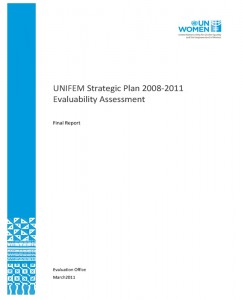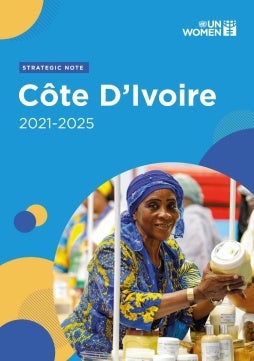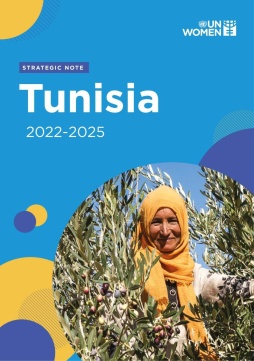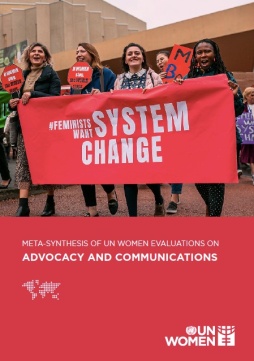UNIFEM Strategic Plan (2008–2011) Evaluability Assessment
This study is an analysis of the UNIFEM Strategic Plan (2008-2011), its associated results frameworks and institutional systems. It assesses UNIFEM's experience of implementing the Strategic Plan, with a view to informing the new strategic planning process of UN Women. It is aimed at all members of UN Women and relevant partners, at headquarters, sub-regional and country levels, plus any interested external partners.
The implementation of UN General Assembly resolution A/RES/64/289 in July 2010, which mandated the formation of UN Women, led to a decision to modify the study. Rather than pursue a classic evaluability assessment (given that evaluation of UNIFEM's Strategic Plan was now unlikely), the revised purpose of the study was a qualitative analysis of the Strategic Plan's basic parameters and its monitoring and reporting systems, and a formative and forward-looking exercise aimed at capturing best practices, challenges and lessons learned from the UNIFEM Strategic Plan experience to date for reflection and learning.
The study comprised a range of methods:
- technical appraisal of corporate, thematic, regional, sub-regional and country Strategic Plan documents and results frameworks;
- review of a wide range of internal and external documentation, including work plans and annual reports;
- interviews with UNIFEM staff and external informants;
- workshops with and feedback from a Reference Group;
- programme and country sampling and selection leading to in-depth analysis of selected sub-regional (8) and country (8) offices and field visits to two sub-regional offices (Andean and Central and Eastern Europe) and two country offices (Colombia and Albania).
The study has identified some relevant and interesting lessons on the formulation of the UNIFEM Strategic Plan, its systems and the experience of its implementation. Consequently, it provides a useful body of evidence on how the learning from UNIFEM's Strategic Plan experience could be used to support any future institutional planning processes of UN Women.









